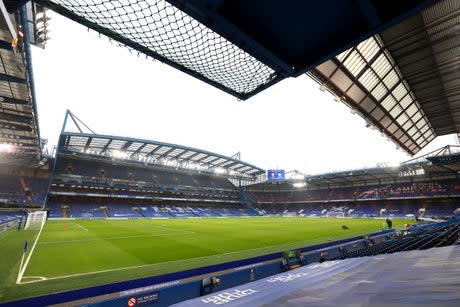Dissent has been a crucial element in the history of Russia—under the tsars, the general secretaries, and now Vladimir Putin. In 2011, Julia Ioffe published a profile of Alexey Navalny and his anti-corruption campaign in The New Yorker. Navalny, who was trained as a lawyer, referred to his pursuit of corrupt institutions as “poking them with a sharp stick.” He was, and remains, absolutely courageous. (During an interview with Navalny’s mother, she wept, saying that she wasn’t ready for her son to “become a martyr.”) Earlier this month, Navalny returned to Russia after his recovery from poisoning by a chemical agent and was promptly arrested. His arrest triggered protests across the breadth of the country. (Our correspondents Masha Gessen and Joshua Yaffa reported on the protests this past week.)
This week, we’re bringing you a selection of pieces on the dissidents and activists whose work has challenged authoritarian regimes across the globe. In “Jamal Khashoggi’s Fiancée Speaks About Mourning and Freedom,” Isaac Chotiner talks to Hatice Cengiz about Khashoggi’s brutal murder and the legacy of his reporting on corruption and abuses in Saudi Arabia. In “It’s Not Beautiful,” Evan Osnos chronicles the imaginative work of the artist Ai Weiwei, whose creative vision is challenging the proliferation of censorship in China. In “The Accused,” Keith Gessen writes about the trial of the men accused of assassinating the journalist Anna Politkovskaya, a top critic of Vladimir Putin and the F.S.B., in 2006. Finally, in “Nelson Mandela, Free,” published in 1990, William Finnegan describes the worldwide elation that erupted after Mandela was finally released from prison, after twenty-seven years, in South Africa. Taken together, these pieces serve as an exhilarating testament to the power of a single voice.
—David Remnick
One man’s cyber-crusade against Russian corruption.
Hatice Cengiz has not spoken much in public about Khashoggi’s murder, but she is invested in defending the democratic principles he stood for.
An artist takes on the system.
A murder outraged the anti-Kremlin opposition. The murder trial divided it.
Mandela’s release was a transcendent moment in the South African saga, yet it was by no means the story’s climax.










